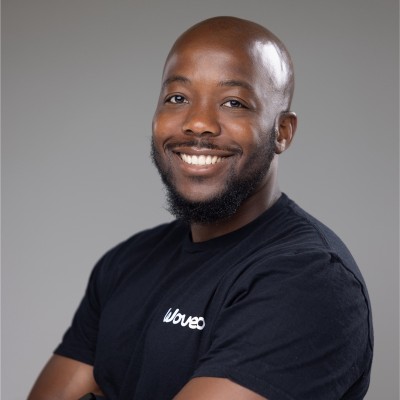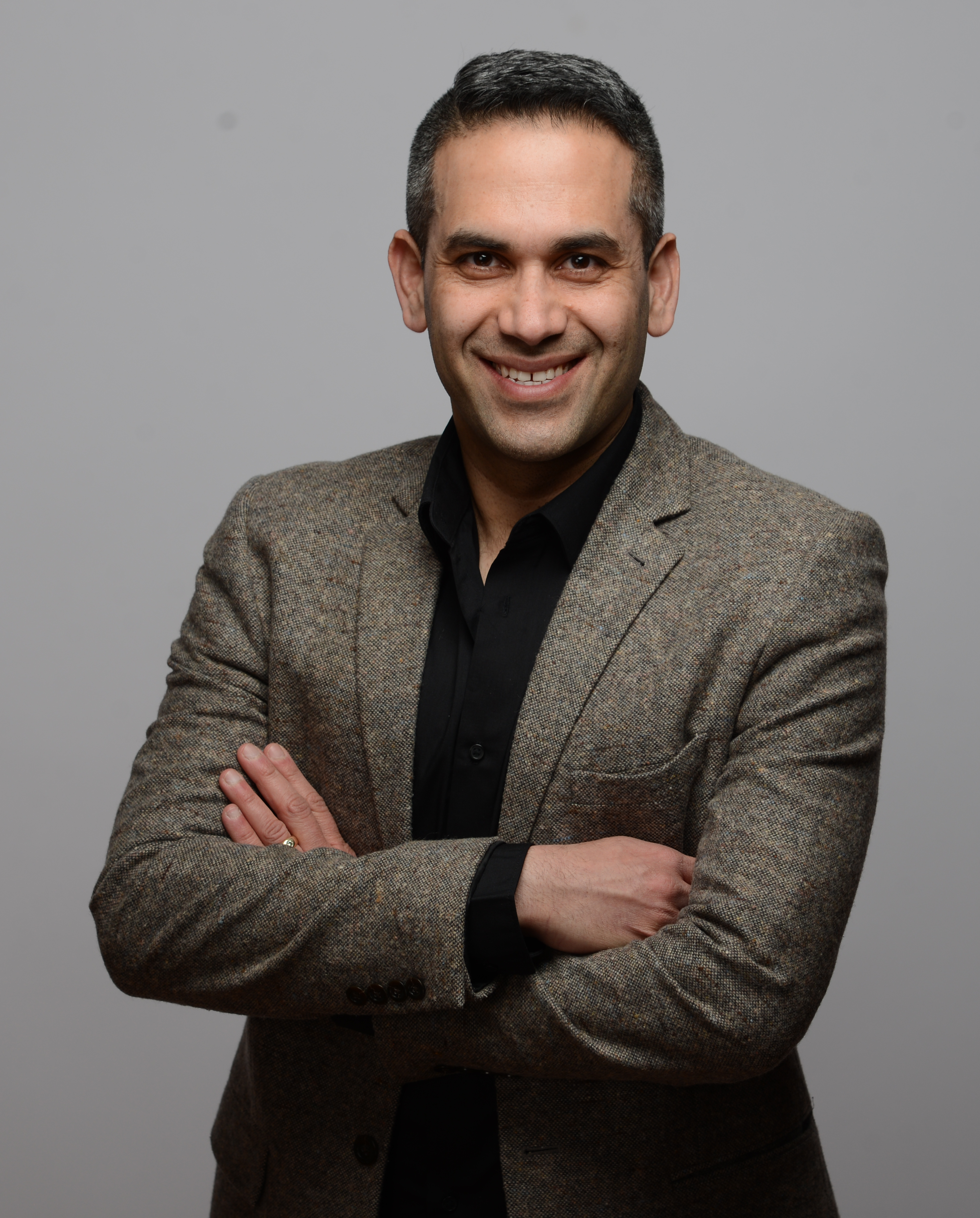
Our Theory of Change
Growing up, I was impacted by the widening wealth gap between the haves and the have-nots.
Gap between the top 1% wealthy and the rest, racial wealth gap, gender wealth gap and inequities that we see around us and its impact on access to opportunities. Often cited challenges were lack of information about marginalized groups and therefore an inability to design products and services to serve them well. Although that may have been true in the past to some extent, that is not entirely the case. Some of the deep-rooted biases that cause exclusion continue to thrive today because of entrenched habits and operational practices that favor convenience and operational cost over wider reach and rational decision making based on data and science. This is not only excluding hard working people who deserve better but also is a burden on economic productivity which impacts us all. Through this initiative called Data for Inclusion, my goal is to foster a dialogue that can serve the needs of our communities, especially those that have been underserved and unserved.
My theory of change is challenging assumptions to break down barriers. And by doing so facilitate development of innovative products and new businesses that will drive financial inclusion. One of the key objectives of technology developments and AI should be fostering economic mobility and financial betterment. This can be done through a concerted effort towards including data that has the potential to break down long held assumptions. This is the primary driver behind the Data for Inclusion initiative.
In terms of financial inclusion there is a core focus on access to credit but something that is not spoken about which leads to income inequality is cost of credit which is millions of dollars every year. This is the money that is coming from low income credit underserved communities. The harsh reality is that those with less have to pay more. Partnership is key to solve this as we cannot do it alone.

Jonah Chininga, Co-Founder & CEO, Woveo








